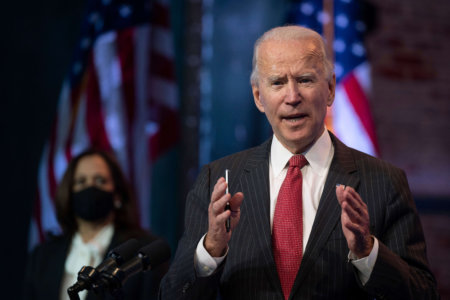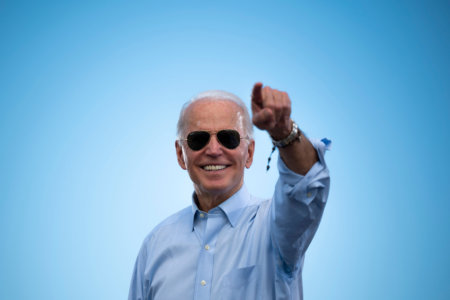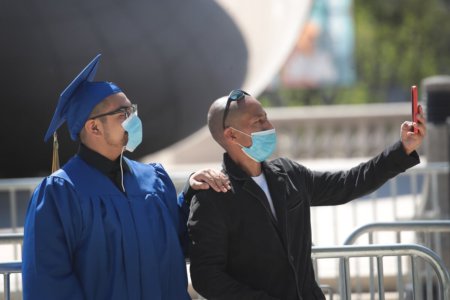
Under the Optional Practical Training, international students who graduate from an American institution may work in the country for 12 months — plus an extra 24 months if they are in science, technology, engineering and math (STEM) fields. A drawn-out lawsuit opposing this programme has just come to an end in US federal court, and the outcome favours international students.
District Judge Reggie B. Walton effectively denied a motion from the plaintiff, The Washington Alliance of Technology Workers (WashTech) on Nov. 30, 2020 which claimed the OPT to be unlawful. As Stuart Anderson, executive director of the National Foundation for American Policy wrote in Forbes, “The court’s order means OPT will survive the Trump years, which in 2017 was not considered to be a foregone conclusion.”
“Students, their employers and US universities have lived under a cloud since the lawsuit was first brought in 2014, and this decision puts to rest any idea that the programme is somehow unlawful,” said Lynden Melmed, a partner at Berry Appleman & Leiden and former chief counsel for the United States Citizenship and Immigration Services.

OPT allows STEM graduates to work in the US for up to three years. Source: Ulises Ruiz/AFP
WashTech v DHS: A brief on the case against Optional Practical Training
WashTech had filed a lawsuit against the Department of Homeland Security (DHS) with the aim to have the court declare OPT unlawful. WashTech opposed the 2016 24-month STEM OPT rule and the standard 12-month post-completion OPT rule. This lawsuit had been going on for four years, and it wasn’t even the first time WashTech tried to discredit the OPT.
The union’s lawsuit raised many of the same issues it filed against the 2008 17-month STEM OPT rule. Its argument? That the DHS could not legally create or maintain any kind of post-completion OPT.
Then in 2019, the National Association of Manufacturers, the US Chamber of Commerce and the Information Technology Industry Council stepped in to protect the rights of international students. Their defence proved how the OPT benefits not only the American educational system but also the US economy as a whole. “By providing term employment to highly skilled recent graduates, OPT ensures that this talent pool grows the American economy, providing benefits to all workers in the US. If these employment opportunities were foreclosed, this talent would instead move overseas, damaging American economic competitiveness,” said their lawyer Paul Hughes of McDermott Will & Emery.
Other companies and organisations also came to the rescue, signing amicus briefs in support of the OPT. Judge Walton will issue an order against WashTech and grant motions for summary judgment to DHS and the trade associations that intervened on behalf of international students. His written decision is expected within 60 days, and WashTech is expected to appeal.
Brighter days ahead?
When former President Donald Trump suspended temporary visas until the end of 2020 back in June, OPT was exempted. Though many were struggling to land jobs in the COVID-19 economy, students were still free to explore employment options within the US.
Now, the election of President Joseph Biden is expected to bring positive change for the international higher education sector in the US. This is especially pertinent given that new data shows a 46% dip in international student enrolment this year — a result of the double whammy delivered by travel restrictions and a turbulent immigration environment.










